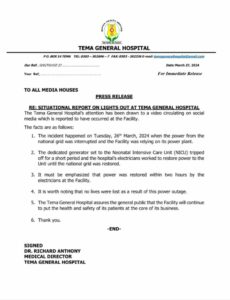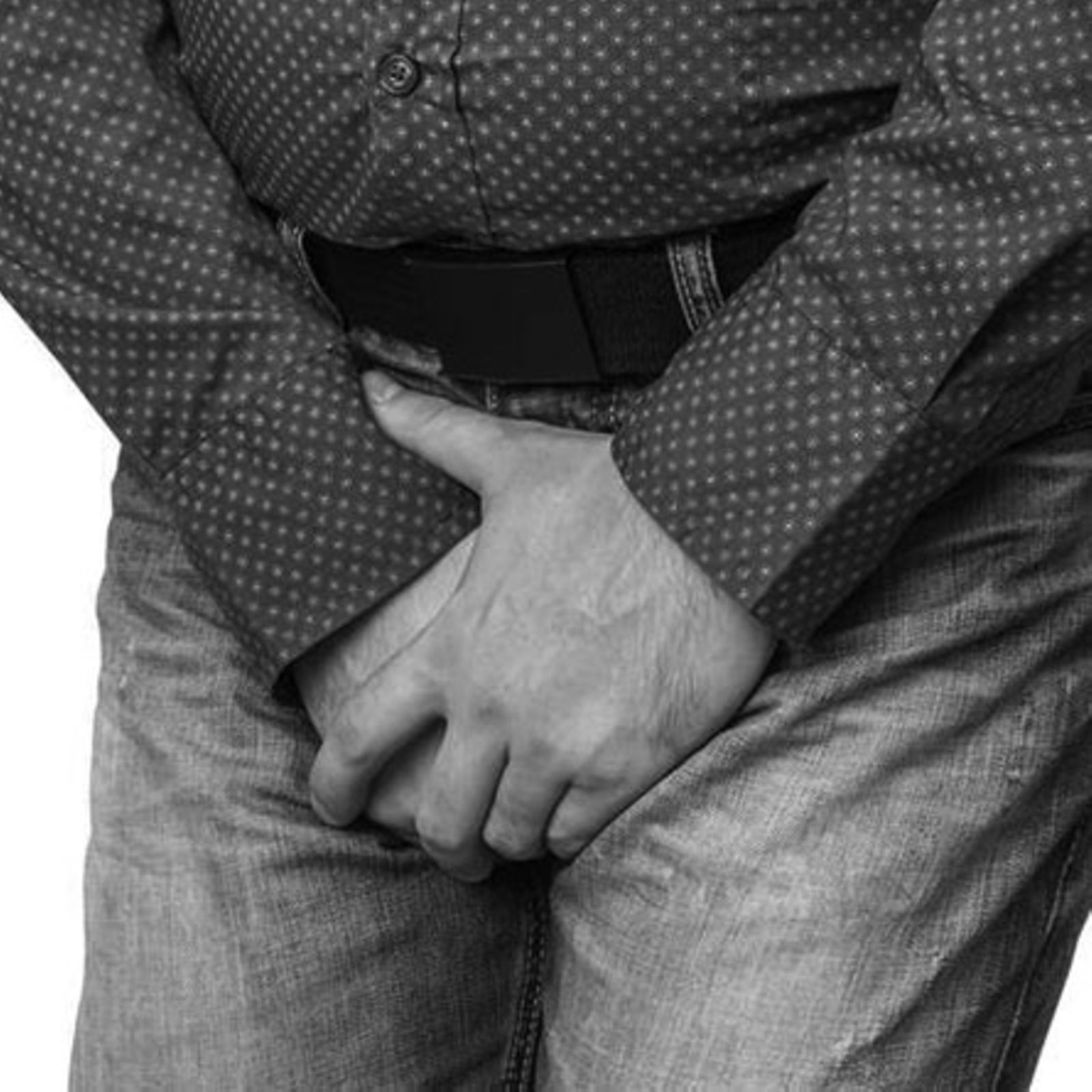
It has been reported that some Ghana Health Service (GHS) facilities are charging fees for use of washroom. Following this, Prof Samuel Kaba Akoriyea, the acting Director General of the GHS, in a statement on April 16, 2025 directed all its Regional Directors to ensure that this practice ceases with immediate effect.
The story further added that failure by facility heads to adhere to this directive will attract sanctions. The GHS noted that the washrooms are an integral part of the hospital infrastructure, intended to provide comfort for patients and visitors, and should not be used as avenues for exploitation.
“Regional Directors are accordingly requested to ensure that this practice ceases with immediate effect. Failure by facility heads to adhere to this directive will attract sanctions. “Kindly bring this to the notice of Heads of facilities for strict compliance,” it added.
The GHS deserves commendation for its proactive and timely intervention in addressing an issue that touches on both public health and human dignity, that is, the charging of fees for the use of washrooms in health facilities. For too long, this exploitative trend of charging money to access washrooms has gone unchallenged in both public spaces and more disturbingly, in some healthcare settings.
Public health is not solely about the provision of drugs or clinical services; it also includes the physical infrastructure that supports healing and recovery. Sanitation, particularly access to clean and safe washrooms, is a critical component of hospital care.
The decision to outlaw washroom fees within public health facilities is a recognition that hospitals are not places of privilege, but spaces where equity and compassion must be the guiding principles. It sends a clear message that healthcare should be accessible, dignified and free of hidden costs.
Charging patients and caregivers to access washroom facilities within hospitals is not just unethical but a violation of basic human rights. Imagine a patient in labour, an elderly person with incontinence, or a parent accompanying a sick child being asked to pay to use a facility that should be available to them without question. It turns the healthcare space into a tollbooth, where even the most basic bodily needs come at a price.
The dangers of this practice go beyond economic exploitation. When people are forced to pay for toilet use especially in health settings it discourages proper hygiene practices. Those unable or unwilling to pay may delay using the facility or opt not to use it at all, leading to unsanitary behaviours that increase the risk of disease transmission.
While some facility heads may argue that these fees are necessary to maintain cleanliness and functionality, this argument does not hold water. Sanitation should be an integral part of a hospital’s operational budget, covered by government allocations or internally generated funds (IGFs). Maintenance responsibilities should never be shifted onto the shoulders of already-struggling patients.
Moreover, public hospitals receive significant support through government subventions, insurance reimbursements, and donor support. If toilet upkeep requires out-of-pocket contributions from patients, it raises questions about the overall financial management of these institutions.
The GHS has taken a necessary, humane and forward-thinking step. We urge all facility heads to comply without delay. We also call on the government, civil society, and the general public to support this initiative and hold non-complying facilities accountable.
The post Editorial: Charging ‘Washroom Fees’ At Health Facilities Must Cease Immediately appeared first on The Ghanaian Chronicle.
Read Full Story












Facebook
Twitter
Pinterest
Instagram
Google+
YouTube
LinkedIn
RSS